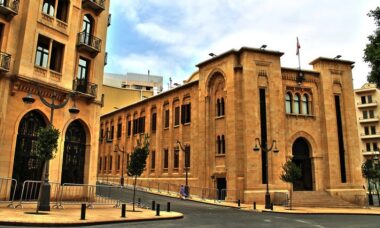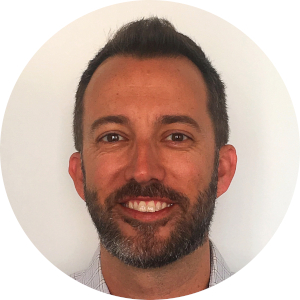 The Lebanese government is looking for an economic boost and believes that cannabis can provide just that. Lebanon’s economic woes are well-documented, but the government believes it can bring millions into the country by unlocking the potential of hemp and medical cannabis.
The Lebanese government is looking for an economic boost and believes that cannabis can provide just that. Lebanon’s economic woes are well-documented, but the government believes it can bring millions into the country by unlocking the potential of hemp and medical cannabis.
Dani Fadel, the newly appointed president of the Regulatory Authority for Cannabis Cultivation for Medical and Industrial Use (Raccmi), told CannIntelligence: “We need to fulfil the needs of the Lebanese people first, but we also are looking towards other markets, particularly in Europe.”
Lebanon has a rich history of cannabis cultivation, and Fadel hopes to attract legacy cultivators into the legal marketplace by creating a regulatory framework that provides plenty of opportunity and transparency.
Legalisation without implementation
Lebanon technically legalised cannabis for industrial and medical purposes in May 2020 when Parliament passed law 178/2020 on licensing the cultivation of the cannabis plant for medical and industrial use (law 178/2020). To date, though, no implementing regulations have been promulgated, leaving the cannabis industry waiting and without the licences to produce cannabis under the 2020 law.
Law 178/2020 broadly allows for the cultivation and processing of cannabis for medical and industrial purposes, including for the production of extracts and their use in products like oils, cosmetics and food products.
However, the 2020 law also requires further regulation to be implemented that sets procedures for issuing licences, importing, exporting and other facets needed to allow the industry to properly function. But due to economic and political crises, those regulations have not yet been issued.
The government is now pushing to finally come out with regulations, with Raccmi overseeing the industry. The necessary preliminary steps have been taken by appointing Fadel as the president of Raccmi with a mandate to set regulations in the coming months. As part of his role, Fadel oversees a seven-member team comprised of representatives from several governmental departments who are providing their input on the regulations.
Those regulations are “in process” now, Fadel says, and he already has some ideas on what he would like to see included in them.
Transparency is of the utmost importance, Fadel says, to foster trust with industry stakeholders and the public. To this end, Fadel wants to publish all necessary information and a list of licensees on Raccmi’s upcoming website. He also wants to require that producers have an app to allow for direct communication with the regulatory authority.
Fadel appreciates the challenge ahead of bringing legacy cultivators into the legal framework. He would like to allow cultivators to sell oils made using traditional extraction methods to sell directly to the public so as not to make new regulations too burdensome and risk producers remaining in illicit channels.
Eye towards exports
Forthcoming regulations will also seek to align with international standards to make exports as seamless as possible and bring a boost to the economy.
To accomplish this, Raccmi will issue certifications for good agricultural and collection practices (GACP), good storage practices (GSP), and good manufacturing practices (GMP) to set producers up for export. And Fadel says that laboratories accredited by the International Organization for Standardization (ISO) are already in place to handle testing.
The THC level for hemp has not been set, and here Fadel wants to take an innovative approach. He envisions leaving no THC limit on the plant but rather setting one on the end product. This would mean that “hemp” products, like CBD oils, would need to adhere to a common THC threshold like 0.3%, but medical cannabis products would have no THC limit. However, both could be derived from the same plant if that’s what the producer chooses.
Fadel reports that cannabis was cultivated on approximately 450 hectares in Lebanon last year. While acknowledging that Lebanon is a small country, Fadel believes there is tremendous potential for the industry due to the high-quality hashish and resins that have been produced there for decades.
Lebanon will seek to establish itself as an export market while not losing focus of its domestic market. It will aim to position itself as a producer of high-quality raw materials with competitive pricing in the medical cannabis global marketplace. Whether the pending regulations will set it up to achieve this will be something to follow closely.
– Anthony Traurig CannIntelligence senior advisor
Photo: rabiem22







